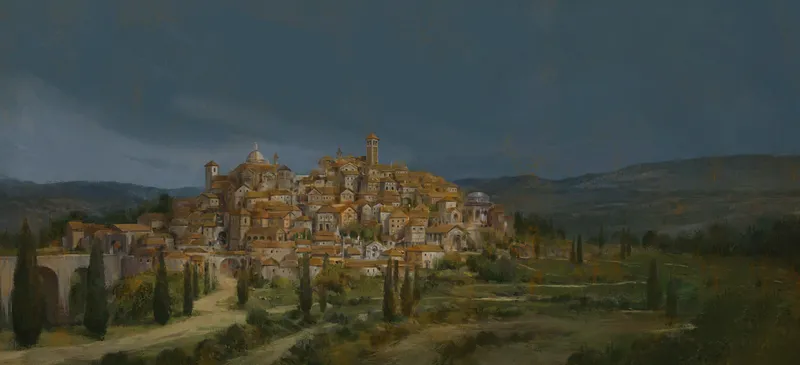Croatian Culture

Commands
The following command will set your culture to 'Croatian.'
The following command will change the culture of the specified county to 'Croatian.'
Information
| Name | Croatian |
| Culture ID | croatian |
| Heritage | South Slavic |
| Ethos | Communal |
| Language | Serbo-Croatian |
| Architecture | Mediterranean |
| Fashion | Byzantine |
| Coat of Arms | South Slavic |
| Military Equipment | Eastern European |
Overview
Croatian culture is a rich tapestry woven from a history that traces back to early settlers, the Roman Empire, Byzantine rule and the Austro-Hungarian Kingdom. Over time, this nationally diverse backdrop infused the regions with unique regional identities that fall under the broader umbrella of Croatian culture.
Croatians express their cultural identity through their language, literature, art, music, and cuisine. Festivals and communal gatherings are a vibrant part of their traditional lifestyle. The spoken language is Croatian and the religion primarily followed is Catholicism. Croatian literature is a reflection of the country's political and social evolution, showcasing the locals' resilience and national pride.
Artistically, Croatia boasts Gothic and Renaissance architecture, evidenced in many churches, museums, and historical sites. Music like Klapa and Tamburica reflect the local folklore and traditions. Croatia's folk dances like "Moreška" and "Linđo" are also important cultural markers.
While the tastes vary regionally, Croatian cuisine often centers around meat, seafood, and locally grown vegetables and fruits. Famous dishes include "pljeskavica", "čevapi", and a variety of pastries like "strukli".
Despite challenging historical periods, including the homeland war in the 90s, Croatians have preserved their culture, and today they share it with the world, notably through tourism. Croatia’s pristine beaches, national parks, and UNESCO heritage sites are symbolic of its cultural preservation and resilience.
Communal Ethos

Communal Ethos
This culture values the bonds of community above all else, fostering great loyalty and dedication by working together towards common goals.
- -15% Same Culture Mercenary Hire Cost
- +5 Close Family Opinion
- -10% Building Construction Cost
- -10% Building Construction Time
Each culture will have an ethos, which represents the core values, principles and attitude towards life that the culture has. It also determines which court types are available for kingdoms and empires.
Croatian Traditions
- Astute Diplomats
- Konni Raids
- Hereditary Hierarchy
Each culture will have several traditions, which represent the main customs of a culture and can grant various effects. A culture can have up to five traditions in the tribal era, with every additional era reached granting an additional slot for Traditions.
Croatian Architecture
Mediterranean
